Former Vice President and presidential candidate of the People’s Democratic Party (PDP), Atiku Abubakar, slammed the administration of President Bola Tinubu over allegations the Federal Government secretly maintained the fuel subsidy it had publicly abolished.
Tinubu, during his inauguration on May 29, 2023, announced the end of the subsidy on Premium Motor Spirit (PMS), also known as fuel.
In his speech, Tinubu said the outgoing administration made no provision for fuel subsidy in the 2023 budget. “Subsidy can no longer justify its ever-increasing costs in the wake of drying resources,” he said.
Instead, Tinubu added that his government will “re-channel the funds into better investment in public infrastructure, education, health care and jobs.”
Despite Tinubu’s promises to remove fuel subsidy, a move hailed by his administration, recent reports indicate that the expenditure is projected to reach about N5.4 trillion in 2024, up from N3.6 trillion in 2023.
Fuel subsidy are projected to gulp about N5.4 trillion in 2024, according to the federal government. This is against the N3.6 trillion budgeted for the same intervention in 2023.
A draft copy report of the Accelerated Stabilisation and Advancement Plan (ASAP) presented to President Tinubu on Tuesday by the finance minister, Wale Edun, revealed that the estimated fuel subsidy expenditure for 2024 is N5.4 trillion, N1.8 trillion more than the amount spent in 2023.
“At current rates, expenditure on fuel subsidy is projected to reach ₦5.4 trillion by the end of 2024. This compares unfavourably with ₦3.6 trillion in 2023 and ₦2.0 trillion in 2022,” a draft copy of the ASAP presented by Edun said.
However, Atiku, in a statement on Wednesday, said, like millions of Nigerians, he was shocked to learn through media reports that the “government is still supporting downstream consumption.”
He stated that the country has been on “a cocktail of trial-and-error economic policies” under the current administration and called for transparency
“I wish to restate that Nigeria is not working, and what we have had in a little over a year is a cocktail of trial-and-error economic policies,” Atiku stated.
“Paying subsidies and lying about it is nothing to brag about. Nigerians deserve better than this deception.”
Abubakar, while reviewing the one-year Tinubu administration, urged the government to come clean on the actual position of the subsidy policy.
He questions the resurgence of fuel queues at filling stations across the country since April 2024 and the reappearance of black market fuel sales that have sprouted in several states.
He also raised questions about the actual status of the subsidy, urging the government to “provide clarity on the fuel subsidy regime, including the fiscal commitments and benefits from the fuel subsidy reform and the impact of this on the Federation Accounts.”
“How much PMS is being imported and distributed, and at what cost? What is the implicit subsidy?” he questions.
Fuel subsidies in Nigeria date back to the 1970s, when the government began selling petrol at below cost to cushion the impact of rising global oil prices on its citizens.
Following the promulgation of the Price Control Act in 1977, fuel subsidies became institutionalised which made it illegal for some products (including petrol) to be sold above the regulated price.
This law was introduced by the Olusegun Obasanjo military regime in order to cushion the effects of the global “Great Inflation” era of the 1970s, caused by a worldwide increase in energy prices.
The cost of these subsidies has risen over time, and during the Buhari administration’s eight years (2015–2023), subsidy payments totaled approximately N11.4 trillion.
Atiku statement reads; “President Bola Tinubu, at his inauguration on May 29, 2023, announced the abolishment of the subsidy on PMS, popularly known as fuel.
Ever since, it has been a bragging right of Tinubu and officials of his administration.
I had in my statement reviewing the one year of the Bola Tinubu administration urged the government to come clean on the actual position of the subsidy policy.
These were my exact words: “…provide clarity on the fuel subsidy regime, including the fiscal commitments and benefits from the fuel subsidy reform and the impact of this on the Federation Accounts. It is curious that since April 2024, fuel queues have mounted at many filling stations across Nigeria, and the infamous ‘black market’ has sprouted in several states. How much PMS is being imported and distributed, and at what cost? What is the implicit subsidy?”
If the subsidy regime had been characterised by opaqueness, what would we say of a situation where the subsidy is still being paid under the cover without Nigerians in the know?
Like millions of Nigerians, I was shocked to learn through media reports that
the “government is still supporting downstream consumption.”
Now we know that expenditure on fuel subsidy may reach N5.4 trillion in 2024, compared to the N3.6 trillion spent in 2023, the same year that Tinubu claimed to have abolished fuel subsidy
I wish to restate that Nigeria is not working, and what we have had in a little over a year is a cocktail of trial-and-error economic policies. Paying subsidies and lying about it is nothing to brag about. Nigerians deserve better than this deception. -AA”


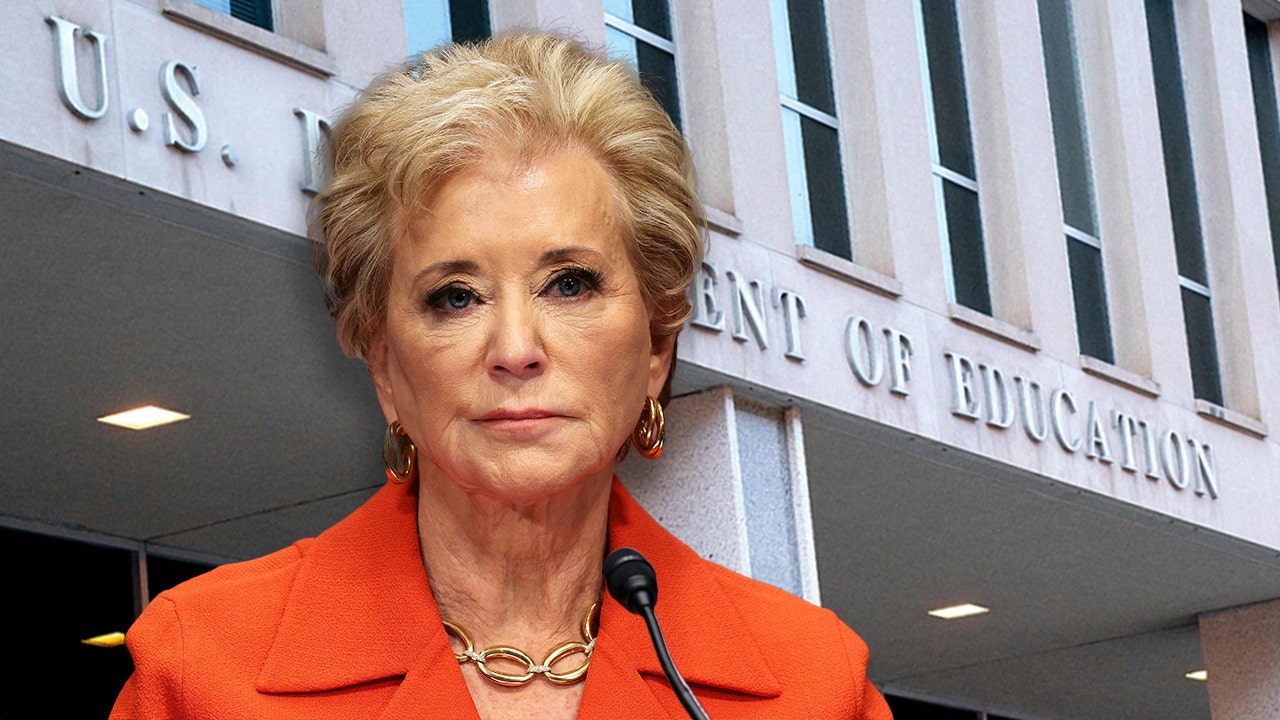


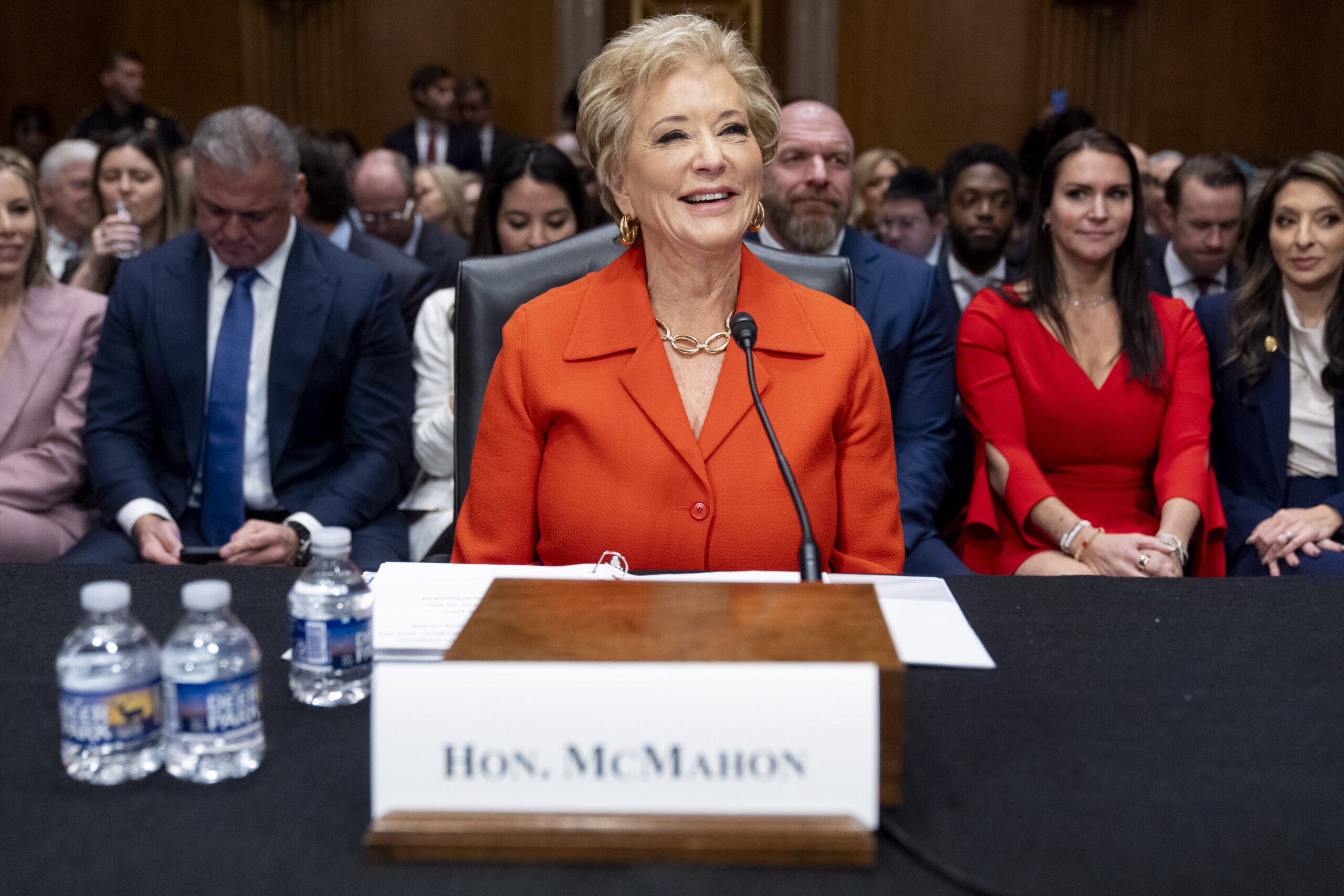


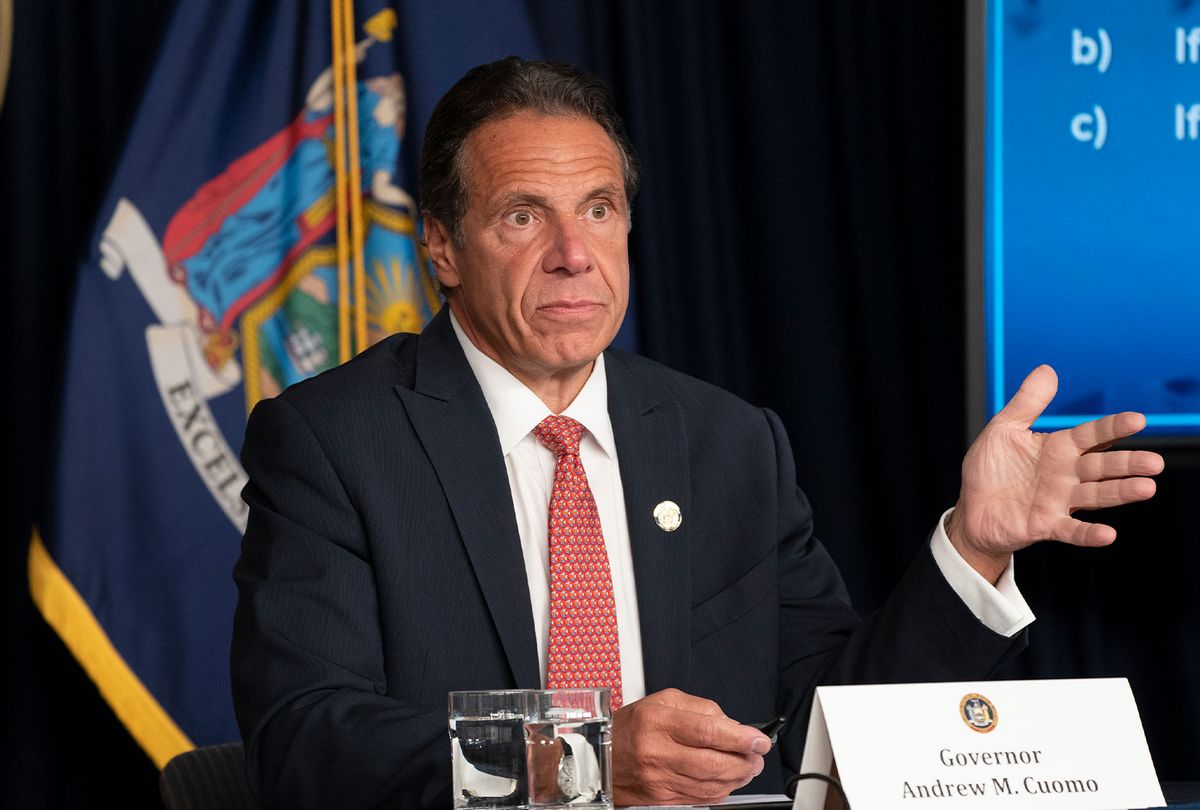







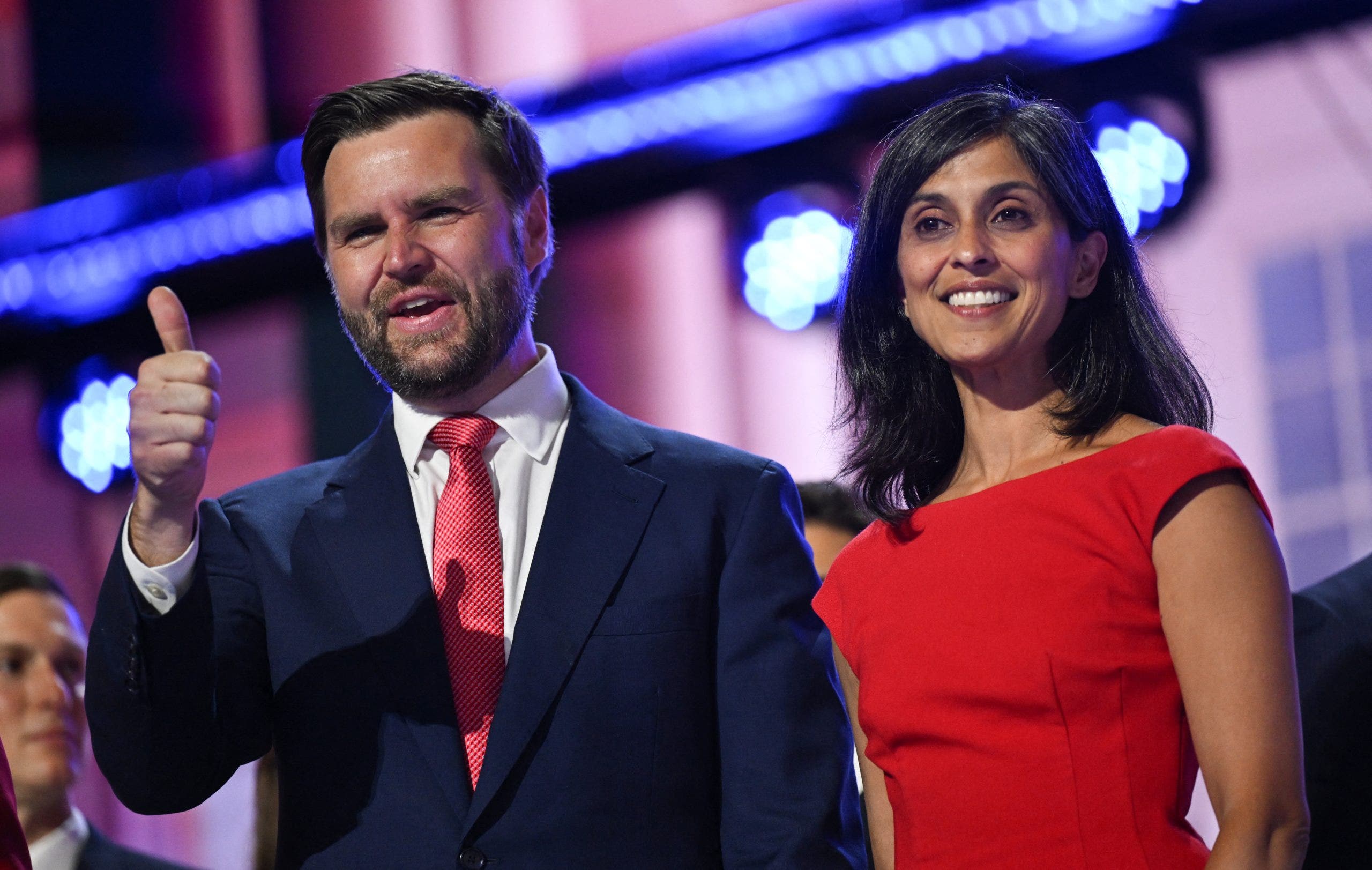

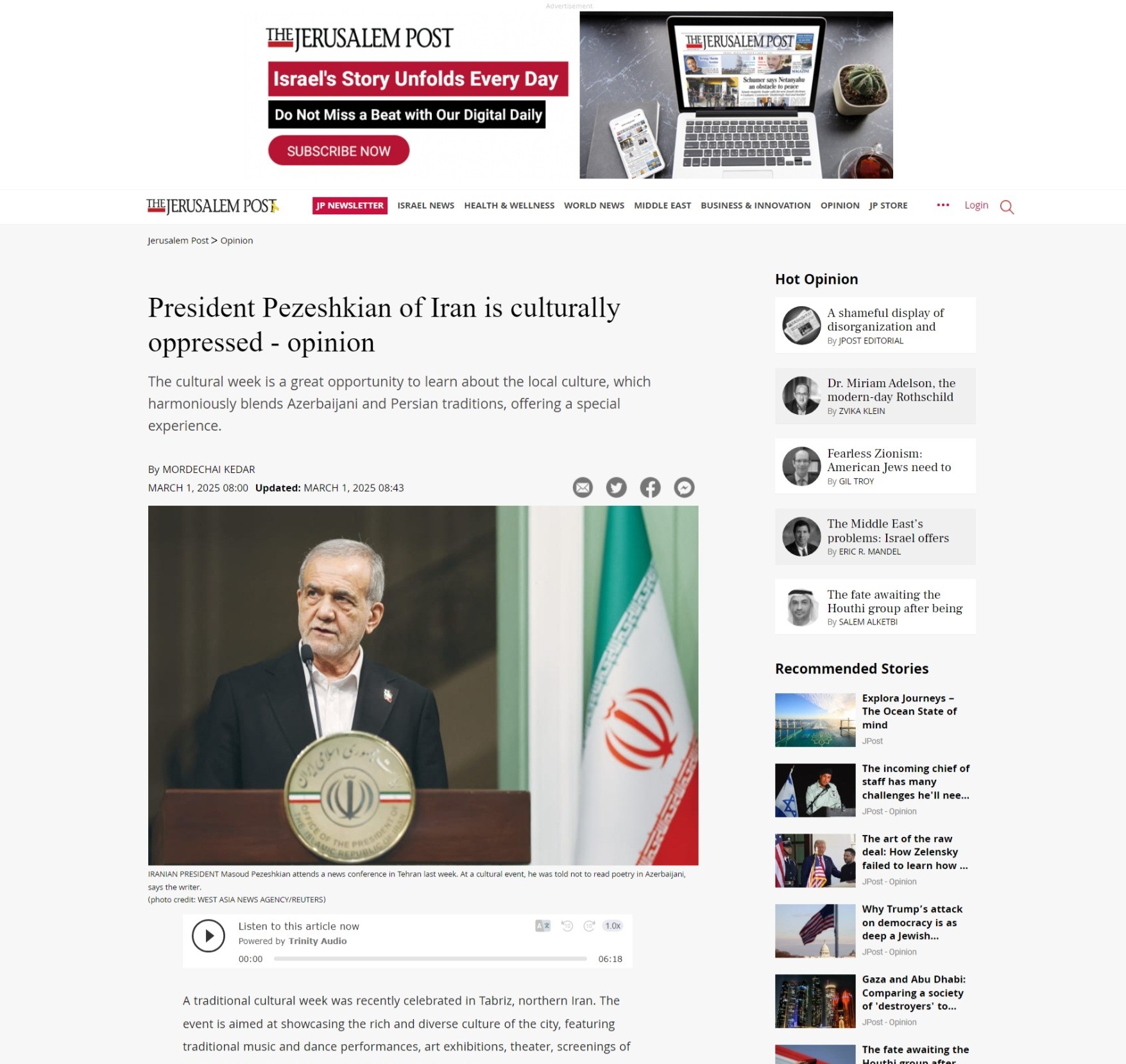


Discussion about this post